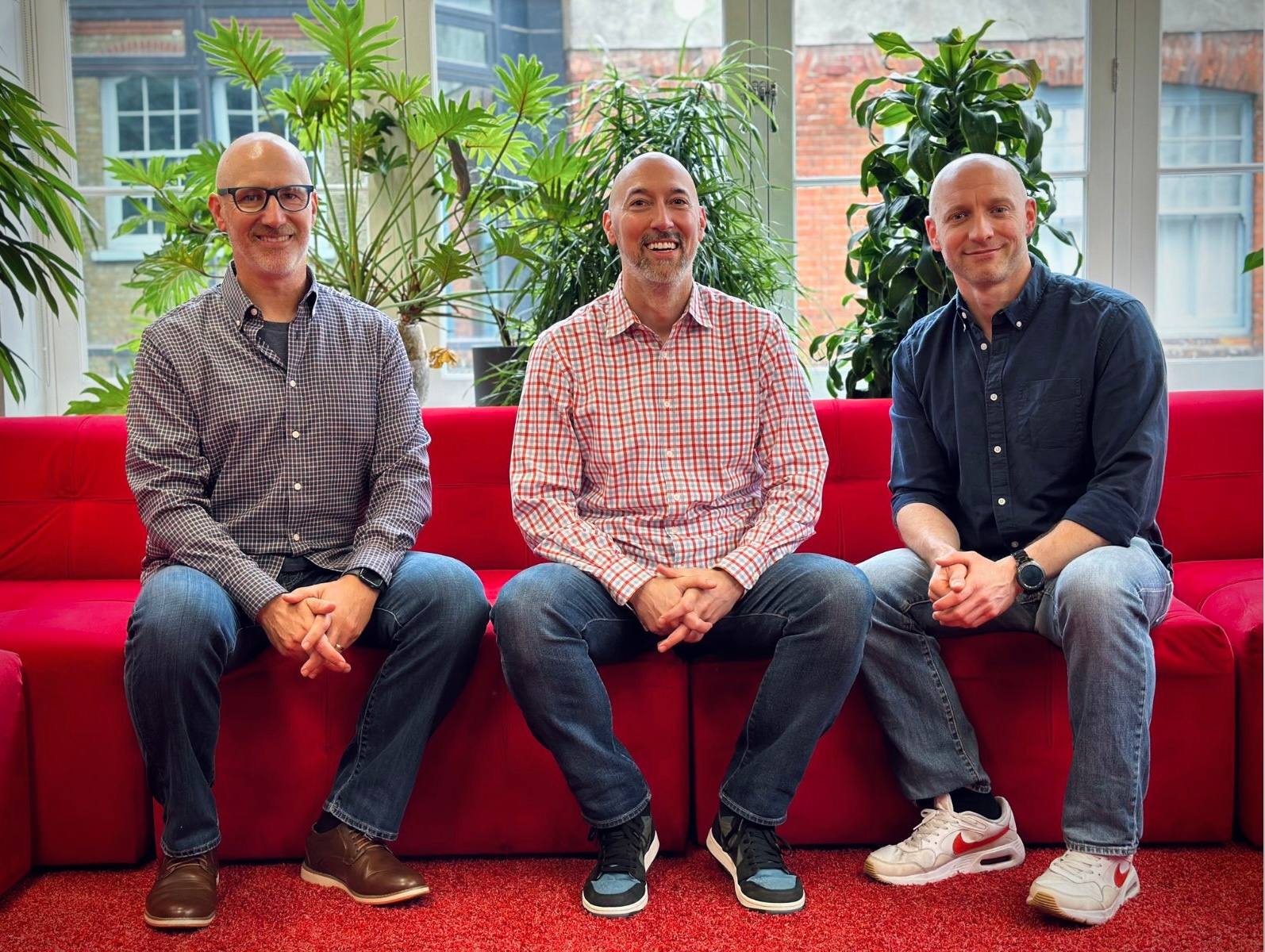Rivian and Volkswagen (VW) have announced they are forming a joint venture (JV) that will focus on creating software-defined vehicle (SDV) platforms for the companies' future EVs. VW will initially invest $1bn in Rivian and then up to $4bn in subsequent steps until 2026. An SDV is any vehicle that enables new features and manages operations primarily through software. Interestingly, Rivian will leverage its in-market zonal hardware design and technology platform which will serve as the basis for the SDV development and will be applied to both OEMs EVs in the future. VW will have immediate access to Rivian’s current electrical/electronic architecture.
The Massachusetts Fleet Advisor program has been awarded $5m of federal money from the 2021 American Rescue Plan Act, thus tripling the fleet electrification program. This could now help serve as many as 200 (vs the original target of 65) small businesses, nonprofits, and cities/towns served by municipal electric utilities. CALSTART is running the program for the state, and we champion this initiative. Interestingly, transportation accounts for 37% of Massachusetts’ greenhouse emissions and medium- and heavy-duty vehicles make up 3% of the vehicles on the road yet produce 20% of the state’s transportation emissions. Thus, it is crucial to target and help these types of assets to help reduce emissions.
Manheim released data that shows that an EV (the 2023 Tesla Model 3) was June’s best-selling vehicle for the auction company. This is the first time an EV topped the charts at Manheim, furthermore, the 2023 Chevrolet Bolt came in as the 3rd best-selling vehicle. This is a significant event, as it demonstrates the strong growth of EVs both at Manheim and in the overall auto auction industry. In Q2 24, more than 21,000 sales of EVs at Manheim, which shows 108% YoY growth.
The American Department of Transportation’s Federal Transit Administration (FTA) has announced it has given c$1.5bn in funding to 117 projects, that support decarbonising and modernizing the bus sector. This funding stems from the Bipartisan Infrastructure Law (BIL) and these 117 projects will be across 47 states. Furthermore, 80% of the (new) buses being funded will be run on zero-emission technology. For example, the Sacramento Regional Transportation District is receiving $76.8m to buy (up to) 29 new hydrogen fuel cell buses, associated infrastructure, and a workforce development program.
JD Power has released very insightful case studies that highlight the total cost of ownership (TCO) for different types of EVs. The traditional rhetoric surrounding EVs is that although it has higher initial costs than ICE vehicles over the lifetime of the asset, the operating costs will be lower. However, EV-related incentives and rebates have (and will have to) play a critical role in striving to achieve cost parity with ICE vehicles. One case study found that a fleet of 10 battery pickup trucks, driving 100 miles around Chicago, over 10 years, could result in total savings of $677,815 (vs an ICE truck).
Blue Bird, an American bus manufacturer, has announced it has been awarded an $80m grant by the US Department of Energy (DOE). This grant stems from its Domestic Automotive Manufacturing Conversion Grants program administered by the DOE’s Office of Manufacturing and Energy Supply Chains (MESC). This program aims to help modernize existing infrastructure, create(/retain) jobs, and boost domestic supply chains. Blue Bird will use this DOE grant to expand and enhance its EV manufacturing capabilities and develop its workforce. It will use a significant portion of this grant to convert its diesel-powered Fort Valley manufacturing facility into a state-of-the-art EV facility. This will result in the bus OEM being able to increase production on its iconic type-D electric school bus.
PowerCo, Volkswagen’s battery unit, has struck an agreement with QuantumScape to mass-produce solid-state batteries. VW paid $130m for the technology loyalties for its solid-state batteries. It is important to highlight that the current battery of choice for EVs is lithium-ion batteries. Solid-state batteries, in theory, give EVs longer and faster charging times (vs lithium batteries) however the roadmap to commercialization has been unclear. This is a big bet by VW on the battery technology, but it owns 17% of QuantumScape.
Smartville has announced it is partnering with the US Department of Energy Office of Clean Energy Demonstrations (OCED) for a $10m, 5-year Long-Duration Energy Storage Demonstrations Program’s Second-Life Smart Systems project. Essentially, this project is looking into repurposing EV batteries to enhance grid resilience, support EV charging and promote clean technologies. Smartville is focusing on creating affordable and sustainable energy storage.
